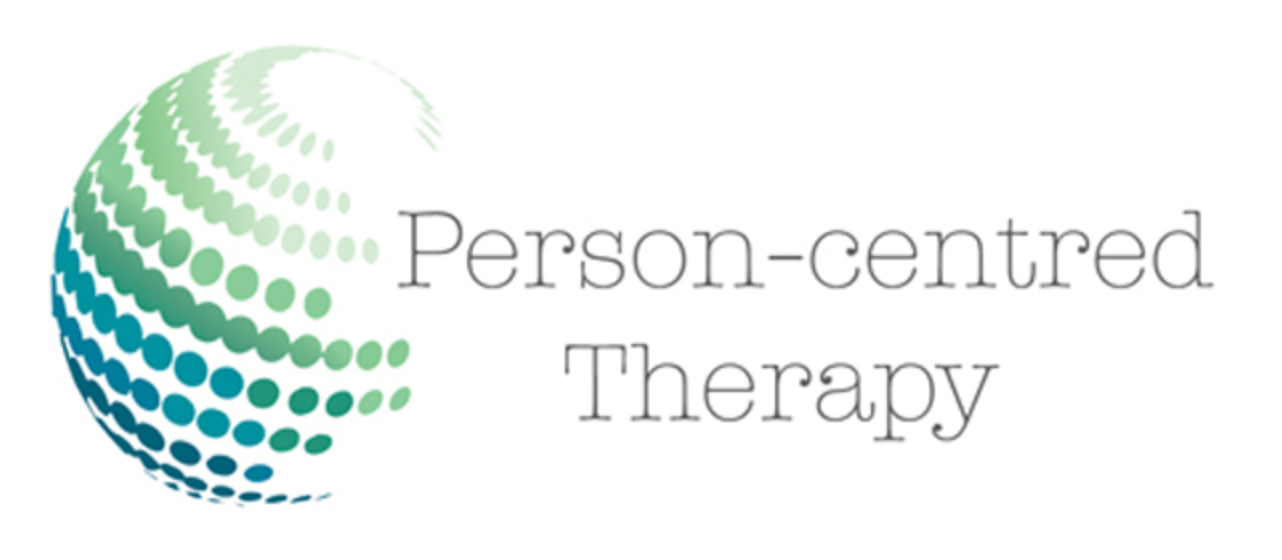
What is Person-centred Therapy?
Developed in the 1930s, by American psychologist Carl Rogers, Person-Centred Therapy (PCT) is one of the most commonly used forms of therapy to date that works to harness your own natural self-healing process. By working together to create a safe and trusting relationship, we can talk freely about anything which concerns you. Therapy involves listening, thinking together, sharing ideas, and seeking feedback to enable you to understand yourself better and cope with the anxieties and difficulties you face.
Simply said PCT is the belief that people are not inherently flawed. Instead, it promotes the fact that everyone has the potential to change and achieve personal growth. Rogers referred to this as ‘actualising’ and viewed it as a way of moving towards a state of perfect balance and understanding. PCT is a ‘talking therapy’ and encompasses many different approaches that are all designed to help people to look at their lives and to find effective ways of coping. The central hypothesis of this approach is that every person has within themselves a ‘vast resources for self-understanding, for altering their self-concept and attitudes.
PCT is successful in exploring troublesome symptoms like anxiety, stress and depression, eating disorders and sexual difficulties, insomnia and personality disorders such as OCD. Other issues such as bereavement/loss, abuse, addiction and dysfunctional relationships can also be addressed with this therapy. This approach to therapy makes conscious the psychological structures that are causing difficulty, so that step by step things can be improved. During sessions you become aware of the hidden dynamics that are keeping things stuck, and the therapy enables you to take an active stance towards the improvements you are seeking.
Person-centred therapy was at the forefront of the humanistic psychology movement, and it has influenced many therapeutic techniques and the mental health field in general.
Developed in the 1930s, by American psychologist Carl Rogers, Person-Centred Therapy (PCT) is one of the most commonly used forms of therapy to date that works to harness your own natural self-healing process. By working together to create a safe and trusting relationship, we can talk freely about anything which concerns you. Therapy involves listening, thinking together, sharing ideas, and seeking feedback to enable you to understand yourself better and cope with the anxieties and difficulties you face.
Simply said PCT is the belief that people are not inherently flawed. Instead, it promotes the fact that everyone has the potential to change and achieve personal growth. Rogers referred to this as ‘actualising’ and viewed it as a way of moving towards a state of perfect balance and understanding. PCT is a ‘talking therapy’ and encompasses many different approaches that are all designed to help people to look at their lives and to find effective ways of coping. The central hypothesis of this approach is that every person has within themselves a ‘vast resources for self-understanding, for altering their self-concept and attitudes.
PCT is successful in exploring troublesome symptoms like anxiety, stress and depression, eating disorders and sexual difficulties, insomnia and personality disorders such as OCD. Other issues such as bereavement/loss, abuse, addiction and dysfunctional relationships can also be addressed with this therapy. This approach to therapy makes conscious the psychological structures that are causing difficulty, so that step by step things can be improved. During sessions you become aware of the hidden dynamics that are keeping things stuck, and the therapy enables you to take an active stance towards the improvements you are seeking.
Person-centred therapy was at the forefront of the humanistic psychology movement, and it has influenced many therapeutic techniques and the mental health field in general.